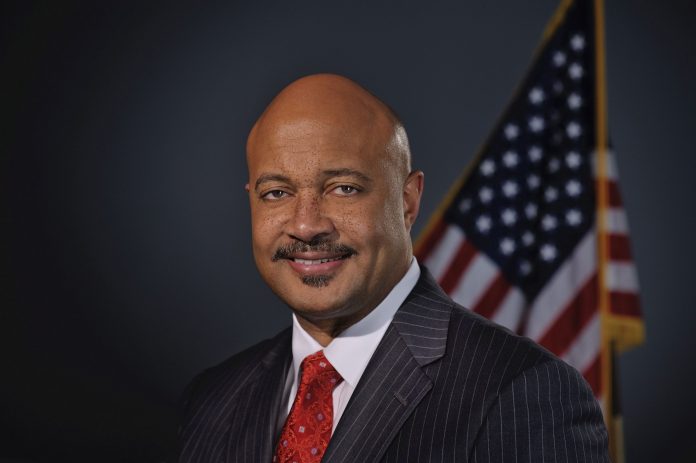Olivia
Covington for www.theindianalawyer.com
Two Marion County children will no longer be considered children in need of services after the Indiana Court of Appeals reversed their CHINS adjudication, finding insufficient evidence to support the finding that their North Carolina-based father could not care for them.
Two of J.R.’s five children, A.R. and H.R., were adjudicated as CHINS in Indiana after being similarly adjudicated in North Carolina in 2014. All five children were removed from their parents’ North Carolina home in September 2014 after findings of unstable housing, substance abuse and domestic violence.
Two years later, a North Carolina judge restored custody of the children to their mother and granted J.R., the father, supervised visitation. Then in April 2017, the mother moved to Indiana with A.R. and H.R., the two children at issue in the instant appeal, In the Matter of A.R. and H.R., Children in Need of Services, J.R., Father v. Indiana Department of Child Services, 18A-JC-475.
The next month, the Indiana Department of Child Services began an investigation into reports of housing instability and allegations that the mother, M.R., did not return from bars in the evenings, causing the children to miss school. DCS also investigated reports of inappropriate sexual and drug conduct in the home and in front of the children.
DCS eventually filed a CHINS petition for A.R. and H.R., making allegations against M.R. and claiming J.R. had not “successfully demonstrated an ability and willingness to appropriately parent the children… .†But J.R. was present during the subsequent hearings, and a North Carolina social worker said there were no concerns about placing A.R. and H.R. in his care.
Various social workers and family case managers subsequently testified that J.R.’s home was appropriate for the children and that placing them in his care was in their best interests, noting A.R. and H.R. were always very excited for visitation with their father. But J.R. was unexpectedly arrested during the proceedings after the juvenile court discovered open warrants from other courts, raising some concern about his potentially becoming an absentee parent.
DCS then filed a request for the North Carolina and Indiana judges to communicate pursuant to the Uniform Child Custody and Jurisdiction Act, claiming temporary emergency jurisdiction was provided under Section 204, but the communication never took place. J.R. later became available to testify and told the court he was attending drug treatment and fatherhood classes.
The juvenile court ultimately adjudicated A.R. and H.R. as CHINS, finding J.R. had failed to complete his domestic violence and drug abuse programs in a timely manner and that neither parent was “stable, sober and able to provide a healthy environment.†The Court of Appeals reversed that adjudication Friday, though it did reject one of J.R.’s appellate arguments.
That argument was that Indiana did not have jurisdiction to enter a CHINS adjudication or disposition under the UCCJA. But noting there were no CHINS cases related to A.R. and H.R. open in North Carolina at the time of the CHINS proceeding, the appellate panel found the Hoosier court had jurisdiction to oversee the CHINS proceedings.
However, the judges did agree with J.R. that the CHINS finding was not supported by sufficient evidence and, thus, reversed on those grounds.
“Although Father has some history of making poor choices involving substance abuse and domestic violence with Mother, the record reflects that he ‘has made every effort to remedy the situation and become a suitable caregiver(,)’ and at the time of the fact-finding hearings, Father was actively participating in all services, his home was approved by NCDSS, and there were no specific concerns for his ability to care for the children,†Judge James Kirsch wrote. “Accordingly, we reverse the juvenile court’s CHINS determination.â€



